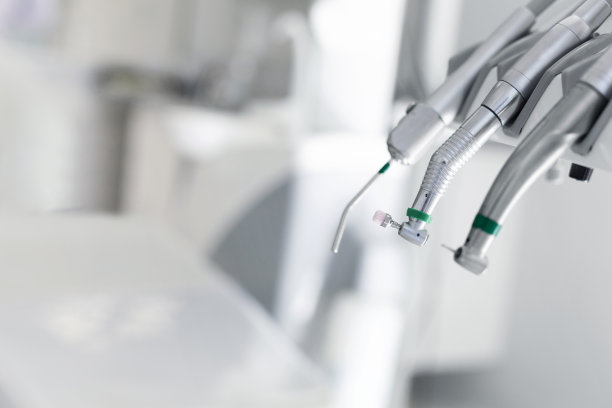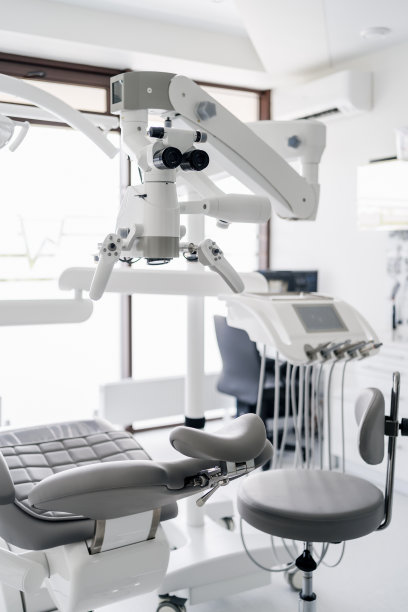Summary: Dental fillings are crucial in restoring the functionality and aesthetics of damaged teeth. However, optimal recovery and long-term oral health largely depend on certain essential precautions taken before and after the procedure. This article delves into four significant aspects: understanding the procedure, preparing for it, post-filling care, and regular dental follow-ups. Each aspect includes practical tips and advice to ensure that patients navigate their dental experience with confidence, enhance healing, and maintain a healthy smile.
1. Understanding the Dental Filling Procedure

Its essential to know what dental fillings involve before undergoing the procedure. A dental filling is a restorative material used to fill cavities caused by decay or trauma. Understanding the process and its importance helps patients feel more comfortable and less anxious. The dentist will remove the affected section of the tooth, clean it, and then apply the filling material.
Being familiar with the reasons for a filling can also motivate adherence to post-procedure care. Fillings not only restore the tooths function but also prevent further decay, pain, and potential tooth loss. This knowledge can instill confidence in the necessity of the procedure.
Lastly, patients should discuss any concerns with their dentist. Clarity regarding the materials used, potential side effects, and what to expect during the procedure can ease apprehensions and facilitate a smoother experience.
2. Preparing for the Dental Filling Appointment
Effective preparation for a dental filling can enhance the experience and outcome. Firstly, patients should ensure they have a list of questions ready for their dentist. This will help clarify any uncertainties regarding the procedure and post-care.
Furthermore, patients should avoid consuming specific foods and drinks before their appointment. Its generally advisable to refrain from eating stubborn or hard foods to keep the mouth clean and reduce risk during the procedure. A light meal or snack before the visit can also prevent discomfort from hunger.
Lastly, organizing transportation after the appointment is another critical aspect. Depending on the type of anesthesia used, patients may experience numbness, which can impair their ability to drive. Ensuring safe transportation can alleviate additional stress and allow for peaceful recovery following the procedure.
3. Caring for Your Teeth After the Filling
Post-filling care is crucial for optimal recovery and maintaining oral health. After a dental filling, its recommended to avoid eating or drinking for at least an hour to allow the filling material to set properly. Consuming food or beverages immediately can lead to an improper seal and compromise the filling.
When it comes to oral hygiene, patients should stick to soft-bristle toothbrushes to minimize irritation on the freshly treated area. Gentle brushing is recommended for the first few days, along with flossing carefully around the filling to avoid dislodgment.
Monitoring for any unusual symptoms is also essential. Patients should keep an eye out for persistent pain, sensitivity, or discomfort around the filled tooth, as these could indicate complications. If any unusual symptoms persist, contacting the dentist promptly is paramount to maintain oral health.
4. Importance of Regular Dental Follow-Ups
Regular dental check-ups are vital to ensure that fillings remain effective and any developing issues are caught early. Scheduling follow-up appointments typically establishes a proactive approach to dental health, and ensures longevity for fillings and overall wellness.
Dentists can assess the condition of existing fillings, look for signs of wear or decay around them, and advise on further preventative measures. Regular professional cleanings help maintain optimal oral hygiene and can prevent the formation of new cavities.
Moreover, educating oneself on proper oral care practices can be greatly beneficial. Patients should actively engage with their dentist to develop a personalized oral care routine that includes fluoride applications and dietary modifications to improve tooth health and resilience.
Summary:
Understanding the essential precautions related to dental fillings can significantly improve recovery outcomes and maintain long-term oral health. By grasping the procedure, preparing adequately, following sound post-care practices, and recognizing the importance of regular check-ups, patients can ensure their dental well-being.
This article is compiled by Vickong Dental and the content is for reference only
Vickong Dental
Vickong Dental is a large medical group established in Hong Kong in 2008 by professors from well-known medical universities in Guangdong and Hong Kong, as well as medical doctors from key national '985' universities (including Master's supervisors and senior professors). The chain of branches brings together expert dentists with PhDs and Master's degrees from Hong Kong and Mainland China, committed to providing high-quality dental treatment.
"Vickong Dental Practices the University Motto of 'Healing and Serving Society,' with a Stable Operation for Sixteen Years. It Has Been honored with Hong Kong Enterprise Leaders's Choice,' and is a Global Trusted Implant Center for the Nobel Implant System. Recommended by Hong Kong Metro Broadcast and Guangdong Television, it Serves Customers from Over Thirty Countries and Regions, Gaining the Trust and Favor of Citizens from the Guangdong-Hong Kong-Macau Greater Bay Area and Surrounding Cities.

Thousands of customers' unanimous praise
The most recognized and highly recommended dental service by customers in the Guangdong-Hong Kong-Macau Greater Bay Area
We Ensure You Receive Detailed Care and Attention Here
Hong Kong standards, Shenzhen prices, Your Trusted English-speaking dentists

Vickong Dental Medical-Grade Instrument Disinfection Process
Vickong Dental Medical-Grade Instrument Disinfection Process

Vickong Dental Chain: A Warm and Comfortable Environment for Treatment






Appointment Hours

Q&A
Why choose Vickong Dental?
Vickong Dental practices the university motto 「Medicine to Benefit Society」, with each branch bringing together highly qualified dentists with doctoral and master’s degrees from Hong Kong and the Mainland, and has maintained seventeen years of steady operation。Recipient of 「2024 Hong Kong Enterprise Leaders Brand」, 「2025 Hong Kong Enterprise Leaders Brand」, a Nobel Biocare Global Trusted Implant Center, and a brand recommended by Metro Radio Hong Kong and Guangdong TV。
To date, we have served customers from more than thirty countries and regions,earning exceptionally high word-of-mouth recognition and trusted recommendations from residents across the Guangdong-Hong Kong-Macao Greater Bay Area and surrounding cities
We have eight major branches in Zhuhai、Shenzhen,and a consultation and service assurance center in Hong Kong,so you can book a free consultation at any time for any questions,which is very reassuring.
If I do not accept the quotation after the CT scan, will I be charged??
No! As long as the actual treatment has not started, you will not be charged any fees.
Will there be any additional charges during the treatment process?
No, there won’t be any additional charges. Before treatment begins, we will clearly explain the treatment plan and its corresponding fees. Only after the patient agrees and signs the consent form will we proceed with the dental service.
Can I pay in Hong Kong dollars?
Yes. Vickong Dental accepts payment in Hong Kong dollars. The amount will be converted based on the exchange rate of the day, and the applicable rate will be clearly communicated to you in advance.
Can I reschedule my appointment at any time?
Yes. Please contact us via **WeChat** or **WhatsApp** as early as possible, providing your original appointment time and details, along with your preferred new date and time slot for rescheduling.













